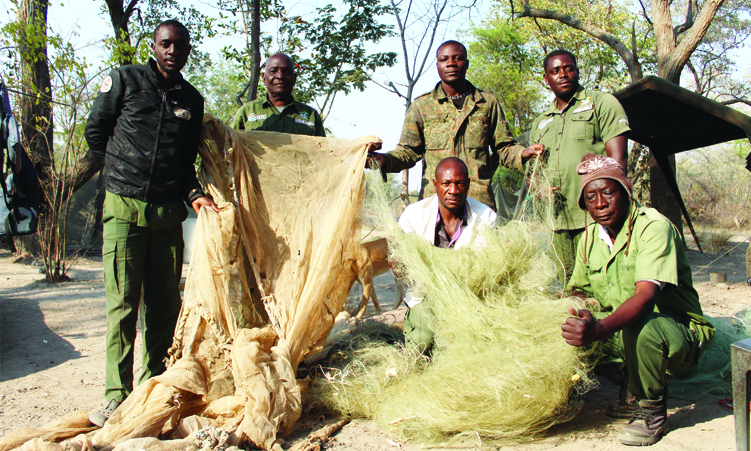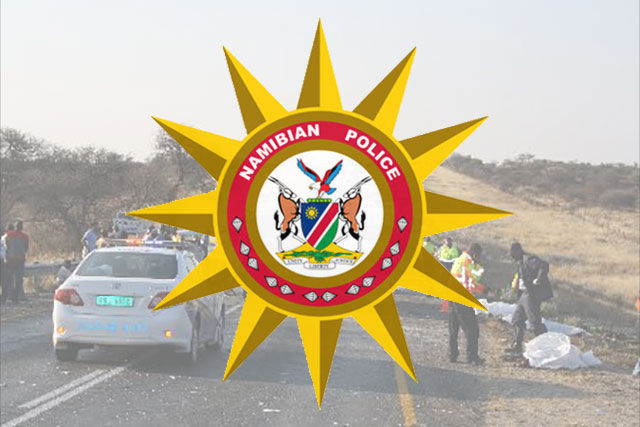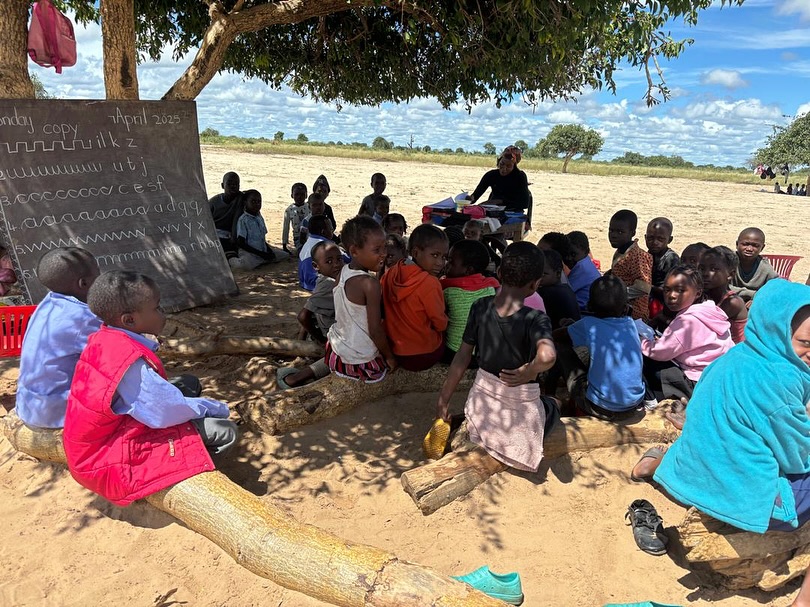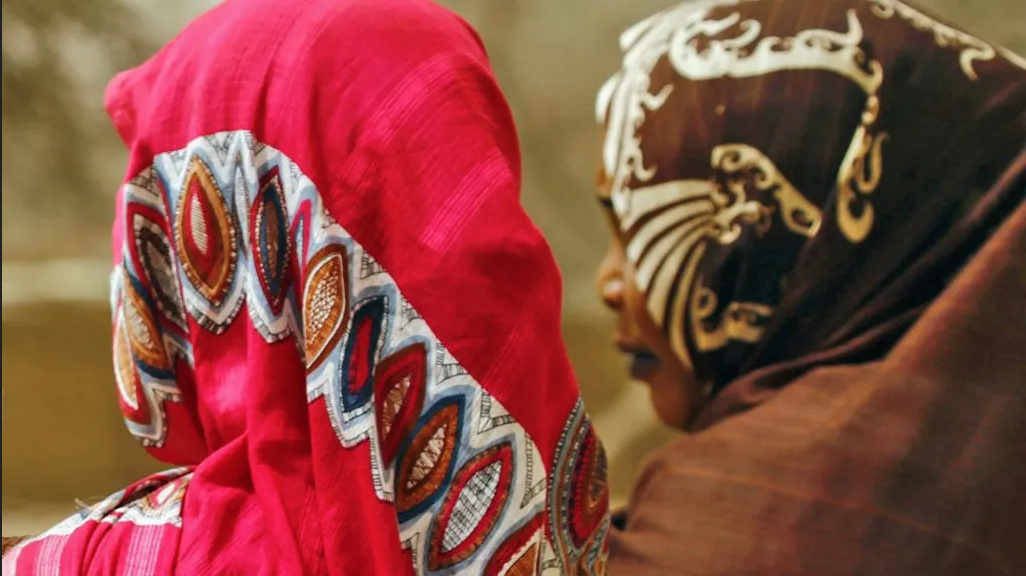Gondwana Collection Namibia’s philosophy incorporates the three pillars of sustainability: people, planet and partnerships.
According to the United Nations World Commission on Environment and Development in the Brundtland Report (1987), sustainability refers to the ability to meet the needs of the present without compromising the ability of future generations to meet their needs.
Over the last three weeks, Gondwana’s environmental and social impact (ESI) team facilitated joint management committee meetings with stakeholders at various Gondwana lodges in northern Namibia.
Some of the company’s lodges are situated in communal conservancies and operate under legal business contracts with conservancy partners, known as joint venture agreements (JVAs), which aim to equitably pool resources and expertise for shared business goals and mutual benefits.
The meetings, led by Gondwana community liaison officer Justice Muhinda and ESI manager Quintin Hartung, were attended by representatives from conservancies, traditional areas, the Ministry of Environment, Forestry and Tourism (MEFT), the Ministry of Education, Arts and Culture (MEAC), the Namibian Police (NAMPOL), Namibia Revenue Agency (Namra), and Integrated Rural Development and Nature Conservation (IRDNC).
These meetings honour the company’s JVAs and offer a platform for stakeholder collaboration on sustainable resource management, monitoring community development and conservation initiatives, and addressing mutual interests, concerns and solutions.
Gondwana lodges in communal conservancies and traditional areas include Hakusembe River Lodge in the Mbunza Traditional Area, Namushasha River Lodge in Mashi Conservancy, Zambezi Mubala Lodge and Camp in Sikunga Conservancy, Chobe River Camp in Salambala Conservancy, Omarunga Epupa Falls Camp in Epupa Conservancy, Palmwag Lodge and Camp in the Palmwag Concession, in partnership with the Anabeb, Torra and Sesfontein conservancies, and Etosha King Nehale in King Nehale Conservancy — a JVA renowned for its profound benefit-sharing, socio-economic, and conservation impacts on its surrounding community.
Through Namibia’s Nature Conservation Amendment Act of 1996, the Community-Based Natural Resource Management (CBNRM) programme empowers local communities to benefit economically from sustainably managing their natural resources.

The programme recognises the value of traditional ecological knowledge and the age-old connection between communities and nature. By devolving management rights of resources over to communities, the programme has transformed over 20% of Namibia’s land into communal conservancies, providing people with opportunities for socio-economic upliftment through sustainable tourism and conservation efforts.
As many Namibian communities rely on natural resources for sustaining livelihoods through tourism activities, Gondwana invests in community upliftment through these partnerships and implementing various community development and nature conservation initiatives.
For instance, in collaboration with Sikunga Conservancy in eastern Zambezi, Gondwana, in partnership with the FirstRand Namibia Foundation Trust, supports the Sikunga Fish Protection Project, also known as the Sikunga Fish Guards. The fish guards protect fish stocks in the Zambezi River from overfishing by patrolling, confiscating nets and handing offenders over to the police. This project provides employment to communities, protects fish breeding grounds and promotes balanced ecosystems and surrounding tourism activities.
Additionally, in collaboration with the Sikondo Village in Mbunza Traditional Area near Rundu, Gondwana built the Pauleni Kindergarten through the Hakusembe Community Development Fund, which receives funds generated from tourism revenue at Hakusembe River Lodge.
Similar to Namibia’s CBNRM programme, Gondwana embraces the triple bottom line, investing in communities which have historically been overlooked in tourism development.

During the joint management committee meeting with Mashi Conservancy at Namushasha River Lodge on 8 August, Mashi conservancy management committee chairperson Shine Kadimba remarked: “We want to thank Gondwana for the career investment they have made for us, because our children have improved on their education and now have obtained certificates from vocational training centres through Gondwana as a company”, highlighting the impact of investing into local communities.
Namibia’s CBNRM programme honours the connection between people and the planet.
Gondwana’s sustainability philosophy similarly promotes community empowerment and nature conservation through partnerships, integrated with premier guest experiences.
Changing the narrative through numerous pioneering JVAs with partner conservancies along with supporting community development initiatives, the company has brought livelihood upliftment and career development opportunities to communities in previously overlooked areas of the country.
Gondwana’s commitment to sustainability – an investment into people, the planet and partnerships – aligns with Namibia’s national and international sustainability commitments, streamlining efforts of implementation for greater efficacy in the global sustainability drive.
Stay informed with The Namibian – your source for credible journalism. Get in-depth reporting and opinions for
only N$85 a month. Invest in journalism, invest in democracy –
Subscribe Now!










